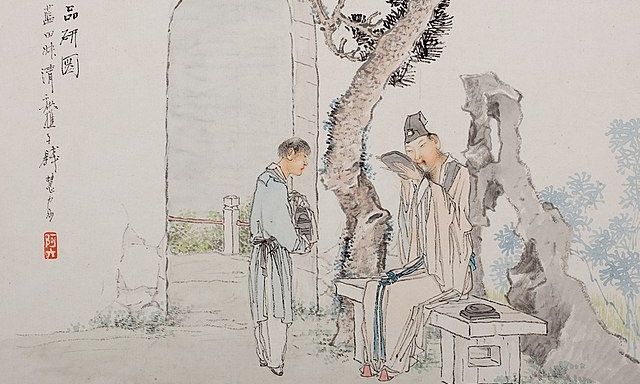Sherlock Holmes, the fictional detective created by Sir Arthur Conan Doyle, remains one of the most enduring characters in literary history. Introduced in the late 19th century, Holmes has become synonymous with astute observation, logical reasoning, and the art of deduction. His stories have captivated readers for generations and continue to influence the detective genre today.
Sherlock Holmes first appeared in the 1887 novel A Study in Scarlet. Conan Doyle, a Scottish physician with a passion for writing, created Holmes as a brilliant detective with an unparalleled ability to solve complex cases through keen observation and deductive reasoning. Holmes's character was inspired by Dr. Joseph Bell, one of Conan Doyle’s professors at the University of Edinburgh Medical School, who was known for his extraordinary diagnostic skills and keen powers of observation.
Sherlock Holmes is distinguished by his remarkable intellect and unique methods of investigation. Holmes’s ability to infer details from seemingly trivial observations is legendary. His famous phrase, "When you have eliminated the impossible, whatever remains, however improbable, must be the truth," encapsulates his deductive approach.
Holmes often employs elaborate disguises to gather information or to avoid detection. His ability to blend into different environments and personas adds depth to his investigations. His observations are meticulous and comprehensive. He notices minute details that others might overlook, leading him to solve cases that baffle even the most seasoned investigators.
Holmes is often accompanied by Dr. John Watson, his loyal friend and chronicler. Watson, a former army doctor, provides a humanizing counterbalance to Holmes’s often aloof demeanor. Their partnership is central to the stories, with Watson’s narration offering readers insight into Holmes’s brilliant mind and the intricacies of their cases. Their camaraderie is a cornerstone of the series, blending intellectual challenge with deep mutual respect.
The Sherlock Holmes canon comprises four novels and 56 short stories, categorized into four main collections: Novels: A Study in Scarlet (1887) The Sign of the Four (1890) The Hound of the Baskervilles (1902) The Valley of Fear (1915)
Short Story Collections: The Adventures of Sherlock Holmes (1892) The Memoirs of Sherlock Holmes (1893) The Return of Sherlock Holmes (1905) His Last Bow (1917) The Case-Book of Sherlock Holmes (1927)
Each story showcases Holmes’s genius in solving crimes ranging from theft and murder to more peculiar and fantastical cases.
Sherlock Holmes’s influence extends far beyond the pages of his original stories. The character has been adapted into numerous films, television series, and stage productions. Notable portrayals include:
Basil Rathbone: Known for his portrayal of Holmes in a series of films in the 1930s and 1940s. Jeremy Brett: Widely regarded as the definitive Holmes in the 1980s and 1990s TV adaptations produced by Granada Television. Robert Downey Jr.: Brought a modern and action-oriented interpretation to the role in Guy Ritchie's films. Benedict Cumberbatch: Reimagined Holmes for the 21st century in the BBC series Sherlock, set in contemporary London. Jonny Lee Miller: Played Holmes in Elementary, a modern-day adaptation set in New York City. These adaptations highlight Holmes's versatility and enduring appeal, demonstrating his ability to resonate with audiences across different mediums and eras.
Sherlock Holmes has become a cultural icon, symbolizing the archetype of the brilliant detective. His impact extends beyond literature and media, influencing forensic science, psychology, and even popular culture. The Holmesian method of investigation—emphasizing observation, analysis, and deduction—has inspired real-life detectives and criminal investigators.
Sherlock Holmes remains a testament to Sir Arthur Conan Doyle’s imaginative genius and keen insight into human nature. Through his engaging stories and complex character, Holmes has solidified his place as one of the most beloved and enduring figures in detective fiction. His legacy endures, inviting readers and audiences to delve into the intriguing world of mystery and deduction.




